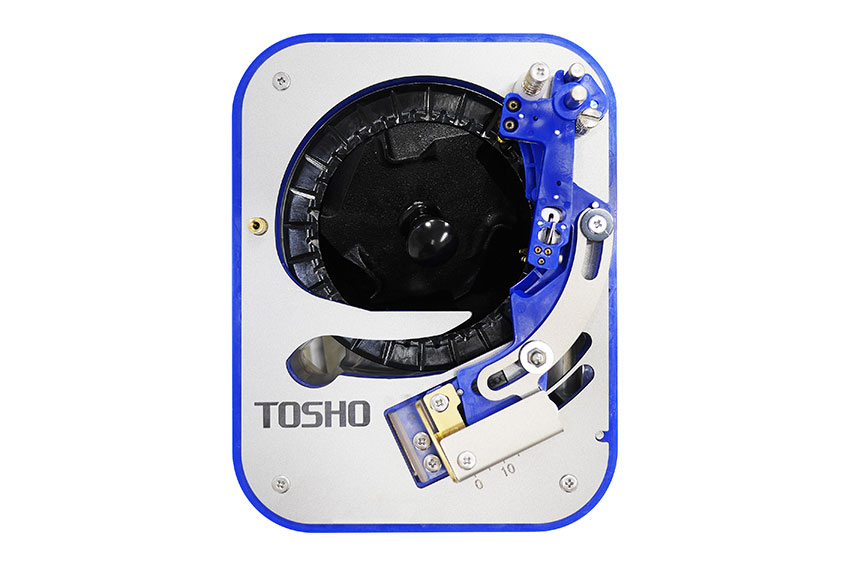

Automation is increasingly empowering health providers to offer better services, including increased efficiency and better patient management. Japanese manufacturer Tosho is leading the way in Japan with its range of automated solutions and is now looking to break into international markets.

Today, healthcare providers the world over are using automation to meet goals such as reducing medical errors and improving diagnostic capabilities. They are even using it to help improve patient compliance, driven by massive amounts of patient data. The benefits of robotic process automation (RPA) to the health sector were made particularly clear during the COVID-19 outbreak, as the global healthcare workforce became stretched to cope with the demands of the pandemic. As a result, technological research and consulting firm Gartner estimates that around 50% of healthcare providers plan to invest in RPA in the near future.
In Japan, Tosho Inc. – which has been involved with facilities and equipment for hospitals ever since its foundation in 1971 – is one such company proving an indispensable partner for healthcare professionals with its range of customized automated medicine dispensing solutions. A perfect example of Tosho’s automated solutions can be found in the field of oncology, explains Yoshihito Omura, the company president.
“When pharmacists are preparing for the medicine to be administered to the patient, if they put a higher dosage than what is required, it could pose a serious or even fatal risk to the patient. In this respect, pharmacists have to consider the age and weight of the patient in their assessment and adhere to the schedule of medications in administering the appropriate dosage,” he says. “Our company has a number of automated machines and we have developed software to monitor and check all schedules and procedures. We have a system that could be customized for every patient’s needs. In other words, we offer a total pharmacy solution with the machines that we provide.”
A company that provides both hardware and software solutions, Tosho’s core business is a dose dispensing machine called Xana, which automatically prints out the name of the patient, QR code, and the medicine to be administered, providing a convenient way of dispensing as well as safely catering to older people and patients with disabilities.
“We are developing new machines in the Xana product line, on which we are currently conducting market research to assess how much potential there is for this product internationally,” says Mr. Omura. “Due to the COVID-19 pandemic, healthcare professionals now need to do their medicine preparation in a shorter period of time because they need to provide more care to the patients. More and more Japanese healthcare services are now using automation for dispensing medicine so that pharmacists, nurses, and other healthcare professionals have more time for patient care.”
Currently, Tosho only offers its pouch dispensing machines in international markets but has other products such as IV drug dispensers which it is hoping to launch in the future. In Japan and other parts of Asia, Tosho caters predominantly to hospitals. However, it is currently looking to target more hospitals internationally despite each country having its own regulations, which inevitably poses challenges for expansion. In order to cater to these country specific regulations, collaboration with local companies is often pursued. “We need to be flexible enough in terms of our software, products, handling negotiations, and cooperation – and that is what we try to do within our industry,” says Mr. Omura.
Having already expanded to parts of Europe and Asia, Tosho is now targeting the United States market. “We started penetrating the U.S. market five years ago and it would be beneficial for us if we could expand even further. We must promote that our machines have a better way of dispensing drugs. We already have distributors as well as OEM partner companies and we are now growing and establishing our facilities there.”
The Tosho president concludes: “Through our solutions we want to provide value to our customers and improve people’s health. The big difference between an IPO company and a family company is that you can formulate a strategy from a long-term perspective without worrying about immediate profits, and you can make employees, cooperating companies, and society happy. Our focus as a family business is the happiness of our workers as well as the happiness of our partners. We would like to contribute more to the end-users such as the patients, hospitals, and pharmacies. The meaning of the companies’ existence is not based on profits.”
0 COMMENTS